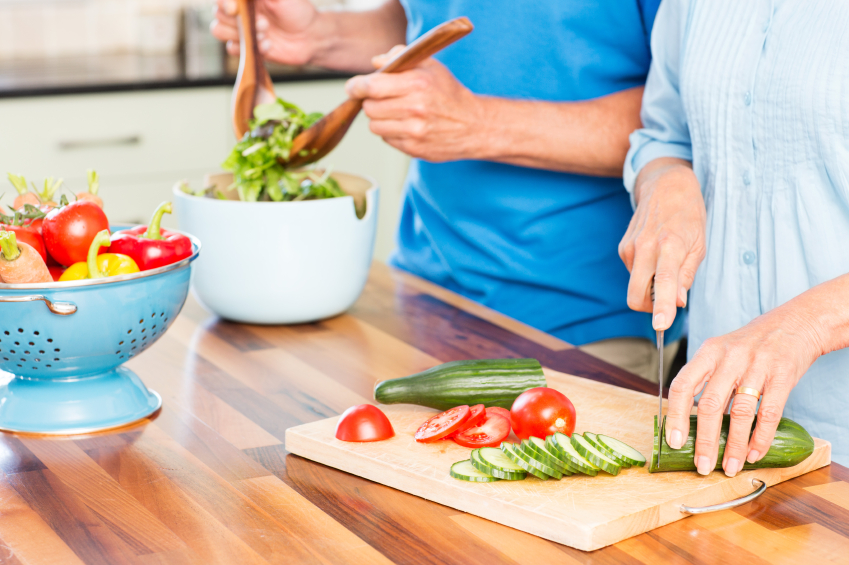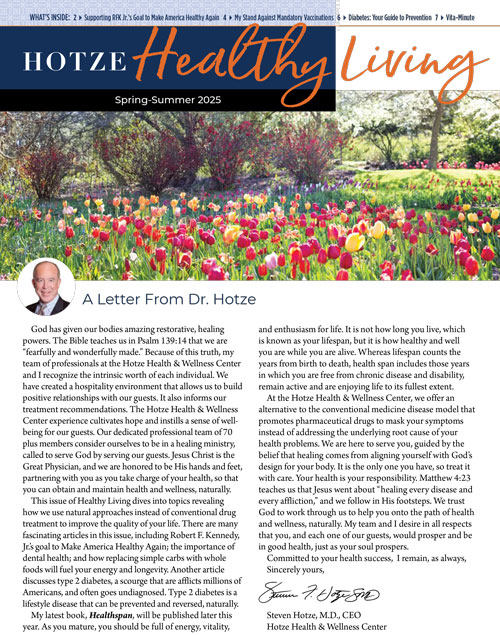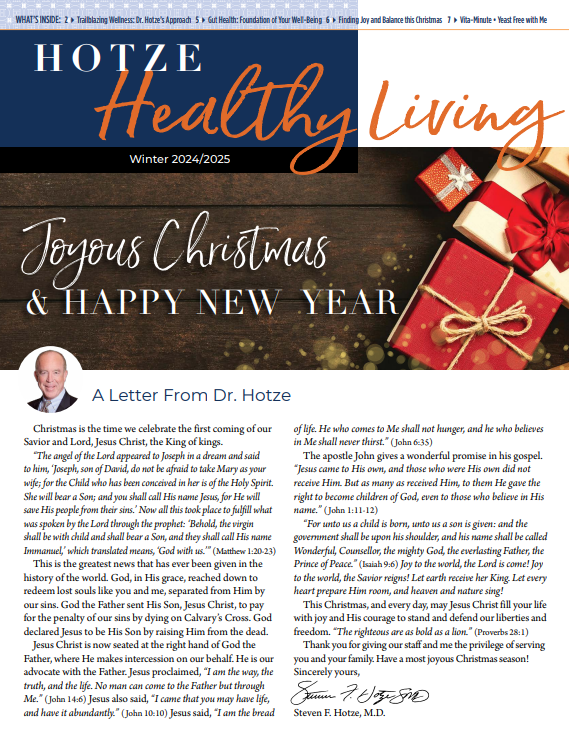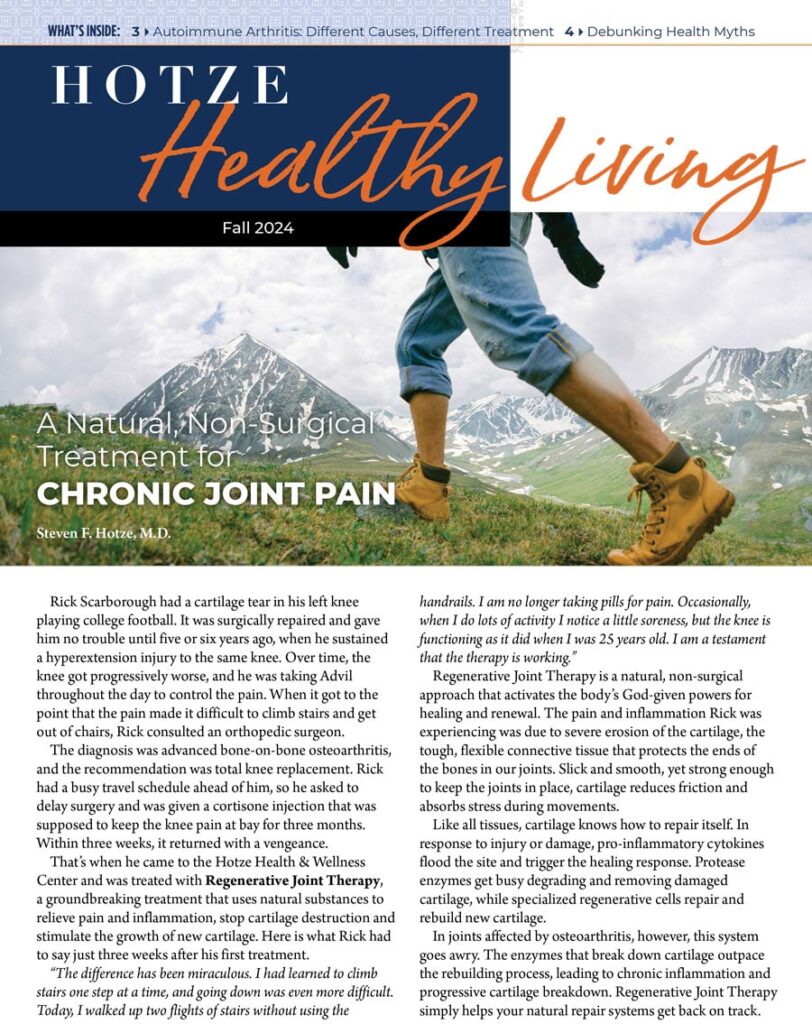CoQ10 Giveaway & Best Vitamins For A Healthy Heart
August 2, 2011
, Natural supplements such as CoQ10, vitamin C, magnesium, garlic, arginine, vitamin E and fish oil give statin drugs a run for their money while taking little of yours!
The small beneficial effect from taking a statin drug ironically has nothing to do with lowering cholesterol, but rather is due to their slight anti-inflammatory effect. As we discussed in yesterday’s post, Could Your Symptom Be A Statin Side Effect, the severity and nature of statin side effects far outweigh the benefits of taking cholesterol-lowering drugs. The studies show slightly better statistics for those that have already had a heart attack, but again there are safer and more effective ways to prevent heart disease naturally.
, Ubiquinol is the most active form of CoQ10 or ubiquinone. So what’s the big deal about CoQ10? It’s only considered to be one of the most essential nutrients in your body! CoQ10 enables your body’s cells to generate energy needed to fuel slightly important organs such as your brain, heart and kidneys. CoQ10 also protects your cells from free radical damage and is vital in the regeneration of antioxidants.
Your body is reported to require the replacement of 0.5 grams of CoQ10 per day which is supplied as your body makes it or through dietary intake. The ability to make CoQ10 begins to decline progressively as we age. Additionally, the dietary intake of ubiquinone in the average Western diet is less than 5 mg/day.
Aren’t convinced that you need CoQ10 yet?
Research shows that victims of heart disease tend to be deficient in CoQ10. Studies also reveal that appears to improve heart function and help prevent complications such as congestive heart failure and arrhythmias.
Further, if you or a loved one is currently taking a cholesterol-lowering drug, it’s imperative to supplement with CoQ10 as statin drugs deplete your body’s stores of CoQ10.
, Magnesium is a natural calcium channel blocker, which may reduce extra calcium from depositing in the arteries as plaque. Magnesium is also a vasodilator relaxing your arteries helping to maintain normal blood pressure. Low magnesium is a common cause of high blood pressure and can also cause coronary arteries to spasm leading to heart attack. To find out if you’re deficient in magnesium, have your physician do an RBC Magnesium Test. also increases the uptake of magnesium and increases nitric oxide helping to dilate the arteries and lower blood pressure.
, Atherosclerosis possesses characteristic lesions that develop on the arterial walls. A sticky protein derived from cholesterol called lipoprotein (a), collects in the lesions and forms “plaque”, which can eventually stop blood flow and may cause the artery to burst. Our bodies have a built-in mechanism to heal in the material collagen. Collagen is made when vitamin C combines with two amino acids, lysine and proline.
, contains omega-3 fatty acids, which are essential for every cell membrane to maintain fluidity and accept nutrients. These omega-3 fatty acids have been shown to relieve blood pressure by naturally thinning the blood.
, By making blood platelets less likely to clump and stick to artery walls, garlic lessens the risk of heart attacks. In addition, garlic may promote heart health by maintaining the flexibility of the aorta, the major artery that carries blood from the heart to the rest of the body and one that tends to stiffen with age. See study showing the . Garlic also helps to improve circulation and lower blood pressure. See research on the ., , , Good Luck!,
Categories: Blog













 Natural Hormone Replacement E-book
Natural Hormone Replacement E-book What You Should Know About Adrenal Fatigue E-book
What You Should Know About Adrenal Fatigue E-book The Thyroid and Hormone Connection E-book
The Thyroid and Hormone Connection E-book










Leave a Reply